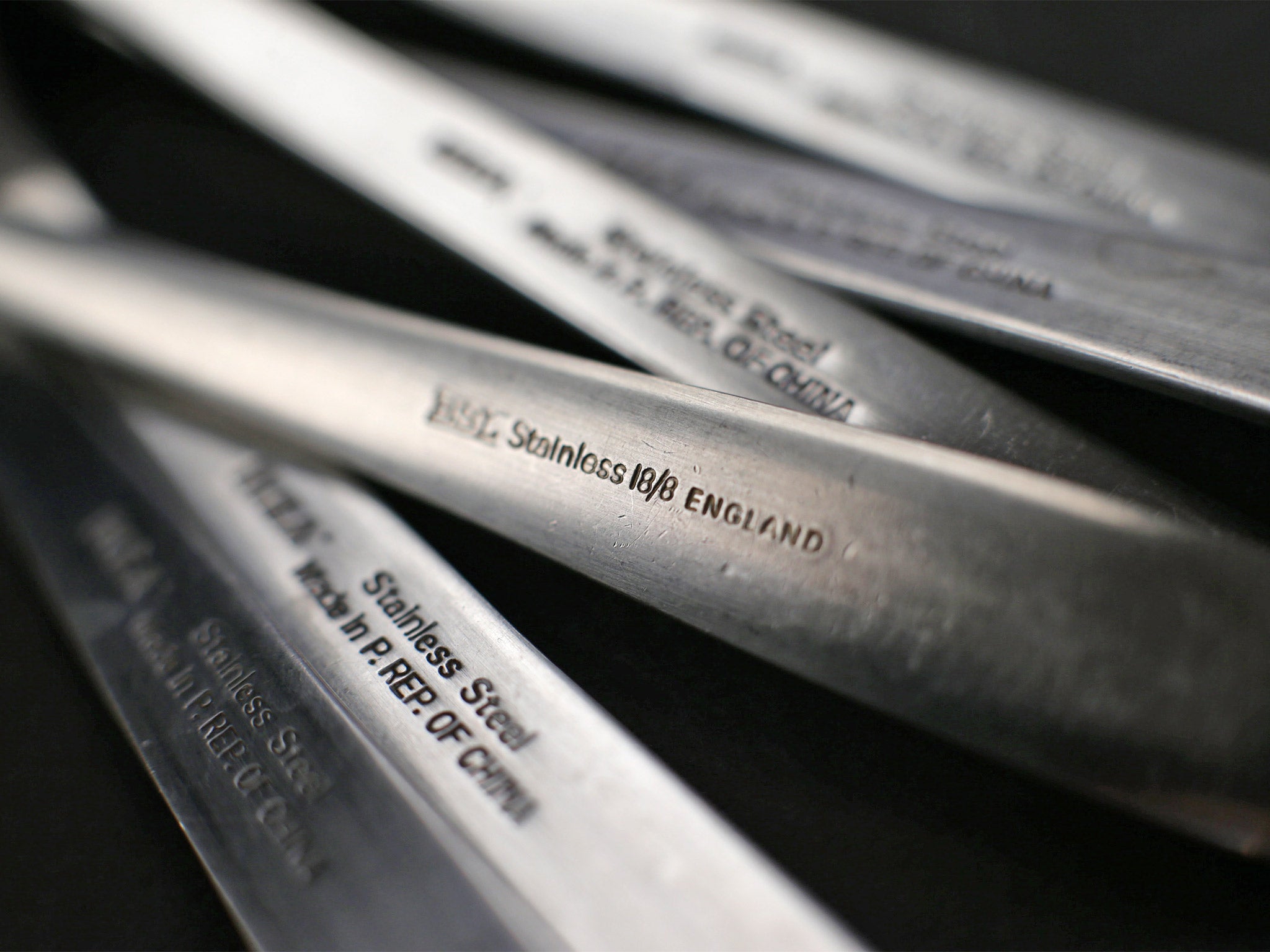Why I won’t ever buy stainless steel straws for our zero-waste home
We’re cutting back. So why is everyone trying to sell us ‘must-haves’ for our zero waste life?

It seems the minute you start trying to reduce your impact on the planet retailers start trying harder to sell you stuff as if you’ve turned into a naïve soft touch overnight.
Obviously they’ll try to sell you stuff anyway but it’s especially grating when they market themselves as being right there with you in the march to save the planet.
Last week, the zero waste shop we get a lot of our dry goods from expanded their range to include biodegradable plasters (£7 a pack), bottle brushes (£6 each) and, of course, stainless steel straws (£8 for a pack of five).
We’ve been a zero waste household for a couple of years now and at no stage in that time have we ever slapped our foreheads and exclaimed desperately: “What we really really need now is a stainless steel straw.”
We have two small children - the most likely candidates for straws unless you’re heavily into 1980s cocktails - and we still don’t need them because we’ve learned how to drink from cups, even the toddler. And yet there they are, on every trendy high street shelf or illustrated Pinterest list of ways to reduce your plastic use, along with weird tiny cutlery in a pouch.
This has to be one of the reasons the zero waste movement has such a problem with perceived privilege – along with all those Insta idiots photographing their dish soap/wooden brush combos against a backdrop of stonewashed linen. On a Tuesday afternoon. While the rest of us are working.
To reduce the amount we’re all throwing in the bin, the message is that we have to buy more stuff before we start - expensive stuff. Beeswax wrap is regularly £30 a pop for a couple of postage stamp pieces and the smarter end of the stainless steel or glass water bottle market can easily part you with £40 per canteen.
But zero waste isn’t about simply replacing every plastic item we’ve ever owned with a metal, wood or silicone equivalent. That would be bonkers, extortionately pricey and deeply hypocritical.
Reducing the amount of plastic we use should go hand in hand with other changes like shifting towards a flexitarian diet, flying less and reducing the sheer quantity of possessions we have in general.
One recent study found the average Brit buy more than £9,000 worth of items a year that they never use, from clothes languishing in wardrobes with the tags on to kitchen gadgets that never spiralize a single courgette.
The UK self storage industry now provides around 50 million square feet of space to cater for those whose homes and garages and lofts are already crammed. I’m not surprised that, along with all that baking and cooking from scratch, millions of us spent lockdown engaged in the biggest collective clear out ever seen.
Charities seem genuinely alarmed about the concentrated deluge of unused, unwanted items that has been stored up in donations for their shops. Not that they don’t appreciate them, undoubtedly, just perhaps not all on day one of reopening.
Surely one of the best things we can do now for the planet, our wallets and even our health is not to mindlessly refill with yet more items carting about a brand new carbon footprint. Even if the label touts the zero waste banner, or comes in cardboard packaging or has a green label with a prominent picture of the planet on it.
Not least because we’d have to use a new cotton tote more than 130 times to counter the impact of its production compared with a plastic bag, I think we’re going to swerve the ever growing list of zero waste must haves and stick with the old jars and the battered bag for our weekly shop.
And seeing as all cutlery is essentially portable, it’s safe to say that if the chance of a meal on the hoof presents itself we’ll be raiding kitchen drawer instead of forking out (sorry) for a bamboo spork.
Subscribe to Independent Premium to bookmark this article
Want to bookmark your favourite articles and stories to read or reference later? Start your Independent Premium subscription today.

Join our commenting forum
Join thought-provoking conversations, follow other Independent readers and see their replies